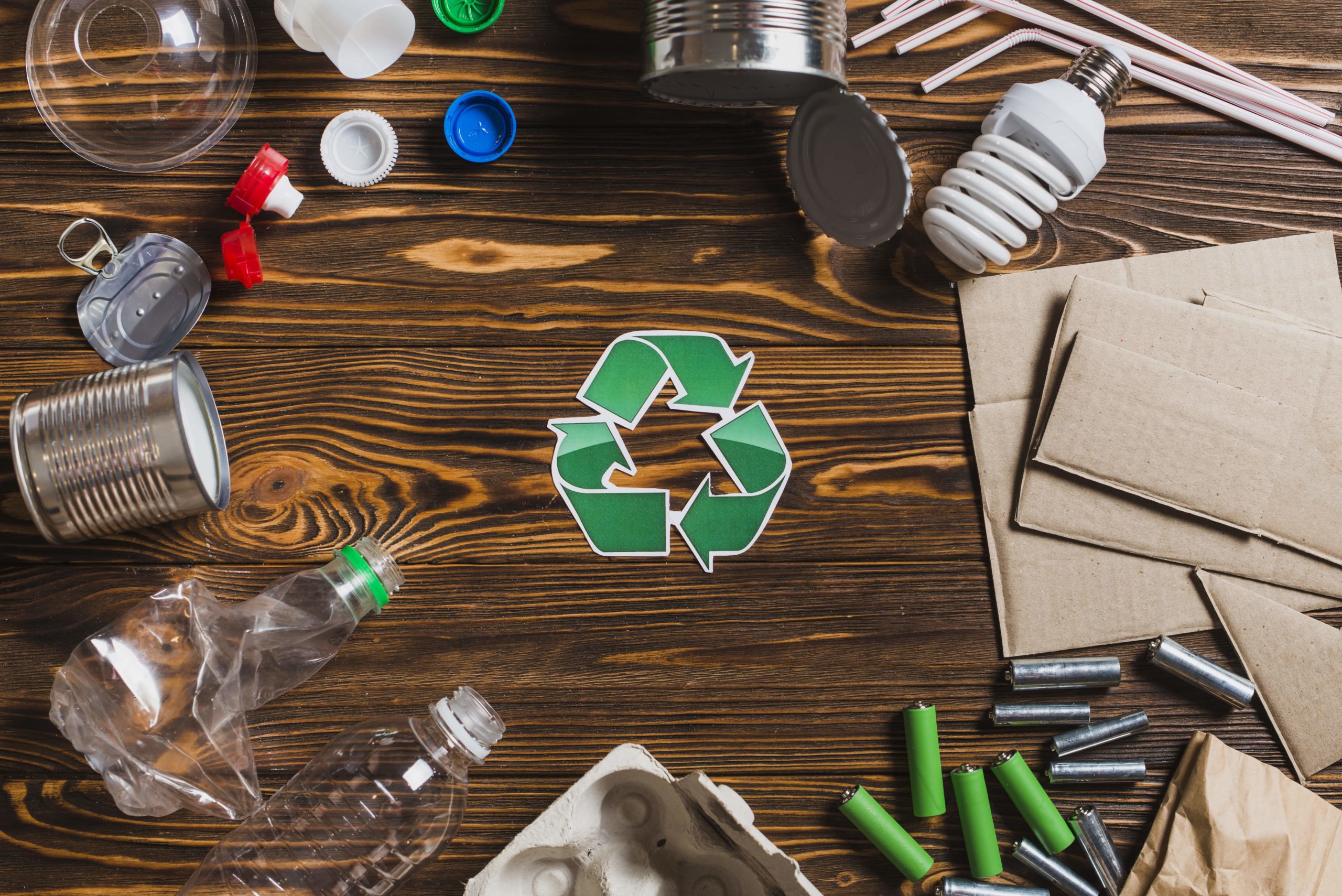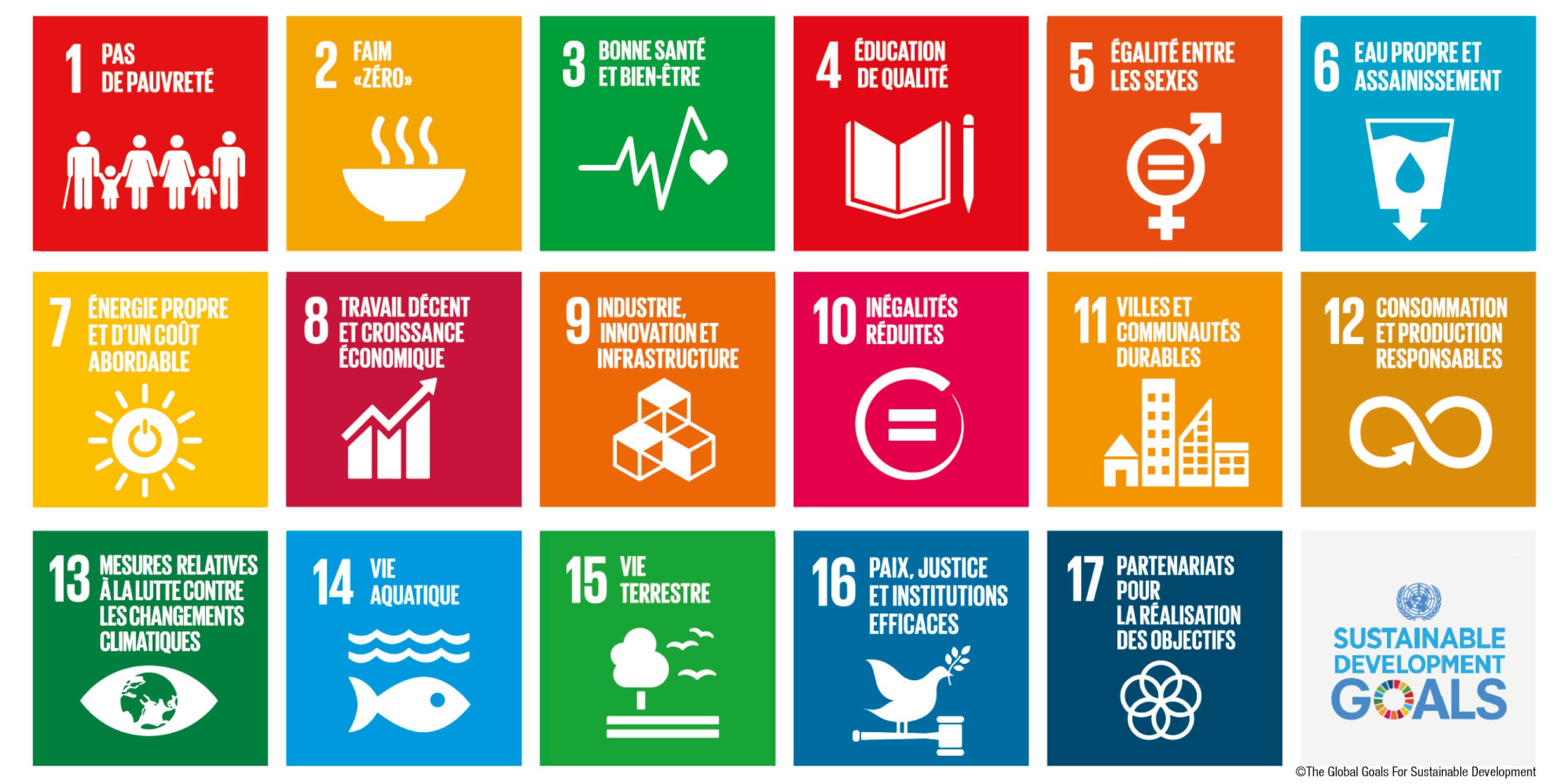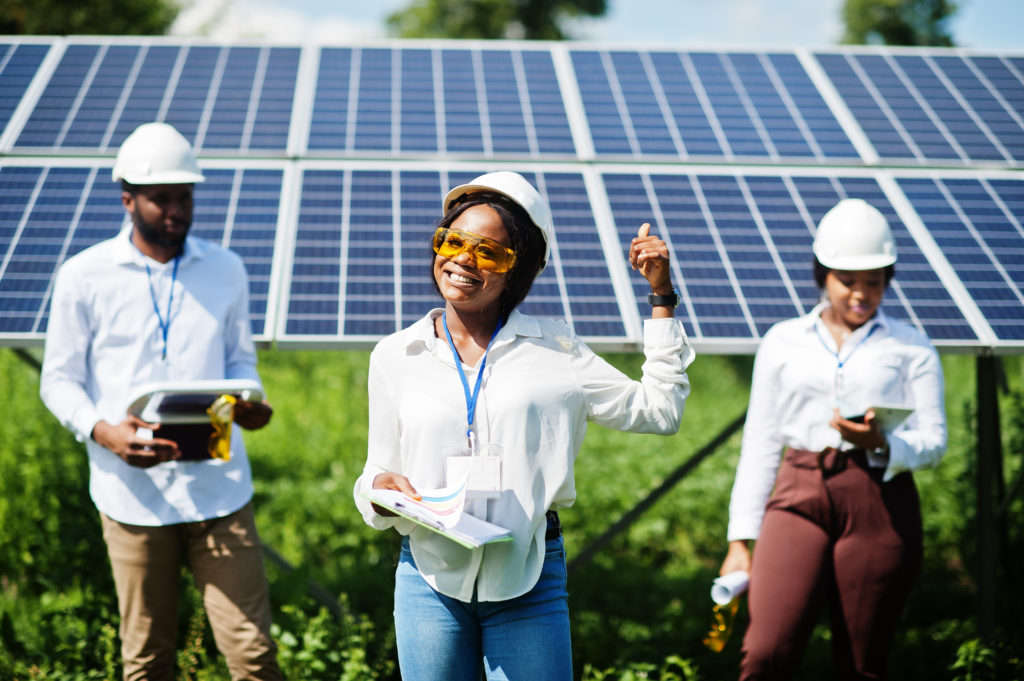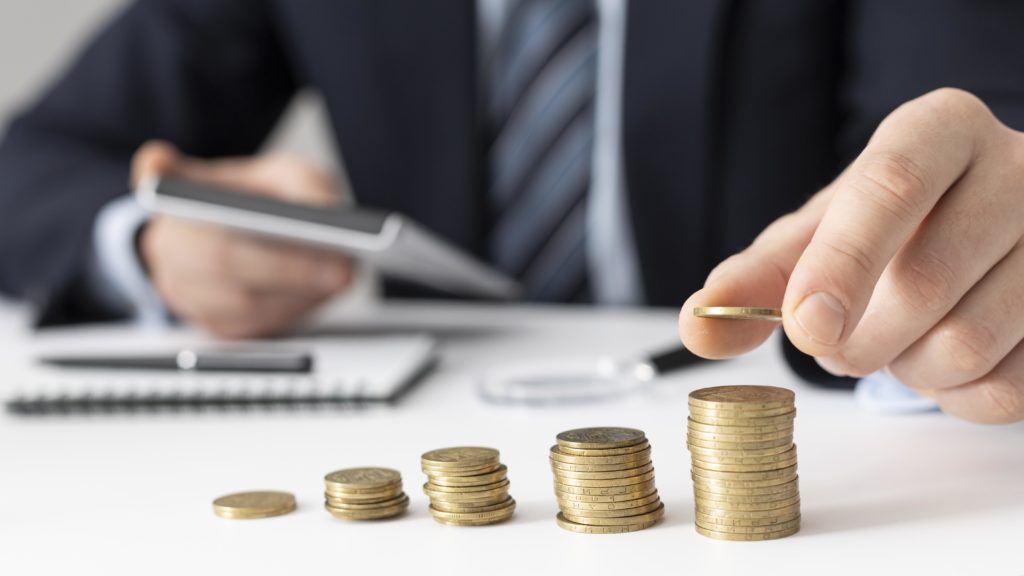In February 2023, an African start-up raised $3.4 million in investment funds. It was Kubik, an Ethiopian start-up specialising in transforming plastic waste into sustainable construction materials. Its move to Vivatech 2023 was also marked by a nomination for the AfricaTech Awards where it won in the climate tech category. Founded in 2021, the start-up has since made an innovative contribution to the emergence of a less polluted Africa and better waste management on our lands. Our Fanaka Story takes you on a journey to discover this start-up, determined to build buildings but also a cleaner Africa thanks to an unusual raw material: waste.
Sustainable materials designed through recycling
Africa generates 42 million tonnes of waste a year. Ethiopia produces 386,000 tonnes. And this enormous quantity of waste is, for the most part, poorly managed. Recycling, which is a sustainable solution for treating waste, is still poorly exploited in Africa. In Ethiopia, only 4 % of the waste produced is recycled. The company Kubik has taken the initiative to convert waste into building materials, despite the lack of awareness, regulation, appropriate infrastructure or defined policies in this area. Founded in 2021 by Kidus Asfaw and Penda MarreThis emerging company is based in Ethiopia.

Its core business focuses on recycling difficult-to-recycle plastic waste, including polyethylene, polypropylene and polystyrene. By adopting a recycling and transformation process, Kubik is able to produce a variety of construction materials such as bricks, columns, beams and other similar products. This innovative approach demonstrates the start-up's commitment to solving the problems associated with waste management and sustainable construction.
These products are then marketed 40% cheaper than standard materials. The upcycling company claims to eliminate 45,000 kg of waste a day and to produce equipment capable of building 10,000 homes a year. In this way, the start-up is not only helping to reduce the amount of waste in Africa, but also combating the shortage of affordable housing.
Kubik, moving towards sustainable development objectives
Africa faces many challenges, but thanks to technology, Kubik is doing its bit to improve living conditions for people in Ethiopia. The mission of this young company is to create dignified and affordable housing for all by transforming plastic waste into building materials, an approach that aims above all to protect our planet. In doing so, it is working to achieve two sustainable development goals: MDG 12, which advocates sustainable consumption and production as well as MDG 13 on combating global warming.

Kubik has left nothing to chance. The materials it produces have chemical properties that guarantee the safety, fire resistance and durability of buildings, with GHG (greenhouse gas) levels at least five times lower than those of cement-based products. In 2022, the Ethiopian start-up signed a memorandum of understanding with the Industrial Parks Development Corporation (IPDC) to lease space to build a plastic waste recycling plant in the Adama Industrial Park. By the end of 2023, the start-up aims to double its production of construction materials in Ethiopia, before expanding into other African countries such as Kenya. To achieve this, it intends to increase the amount of plastic waste it recycles.
Kubik joins the list of Africa's hottest cleantech companies thanks to its impact on living conditions in Ethiopia. The company has won several awards for its innovative approach. In March 2022, it received the Startup of the Year award at the Global Startup Awards in Copenhagen, Denmark. On 15 June 2023, Kubik was crowned winner of the 2nd AfricaTech Awards in the "climate tech" category. It seems that for this young start-up, this is just the beginning. If by 2030, 300 million African families will be in need of housing, Kubik is already actively working to reduce this figure.





